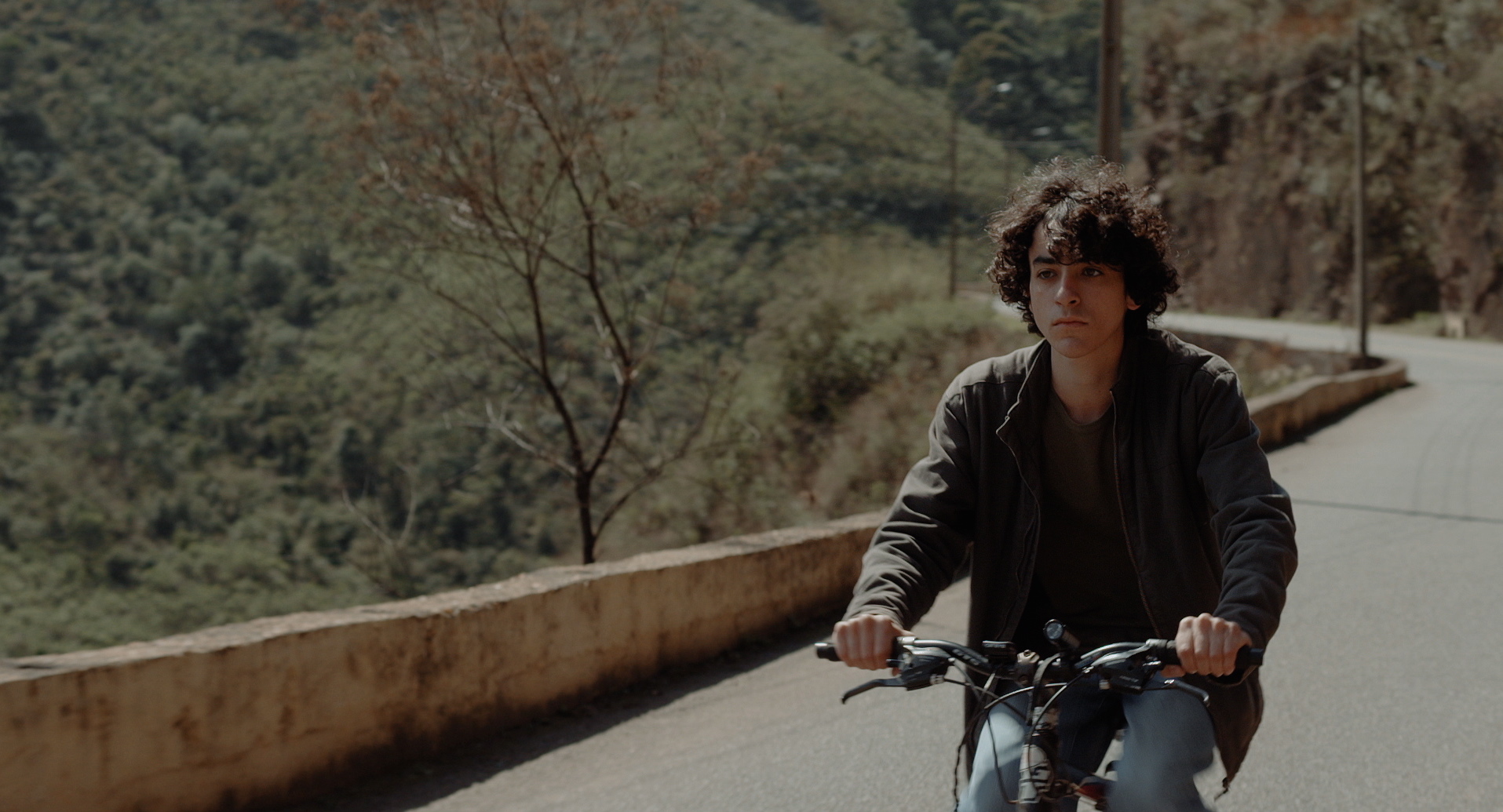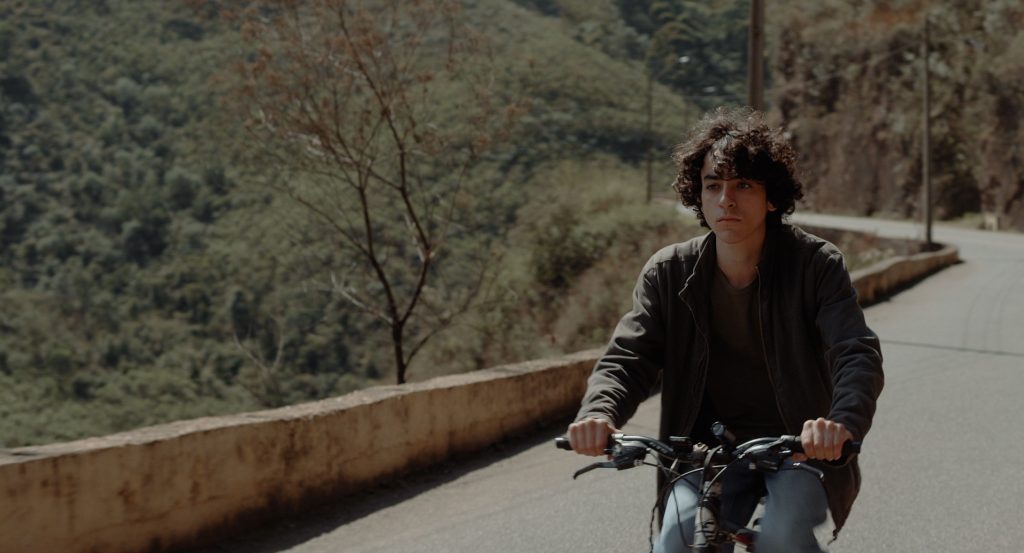It’s not every day that we can boast about an awards announcement that solely celebrates Latinos. That’s because there are few organizations quite like Cinema Tropical handing out such accolades. The New York City-based nonprofit media arts organization handed out its annual awards (now in their 8th year) this week. As we knew from their long list announcement, the choices its juries had to make were going to be tough since last year was such a stellar year for homegrown Latino fare as well as from films from all across Latin America. At the end of the day, the Brazilian movie Araby (Arábia) by Affonso Uchoa and João Dumans was named as the winner of the top award for Best Latin American Film of the Year.
As we described it back when it screened at New Directors/New Films Arábia “takes viewers on a journey across Brazil. A teenager living in Minas Gerais discovers the journal of Cristiano, one of the workers of a nearby factory who’s suffered an accident. He reads about Cristiano’s life, which included a stint in jail, odd jobs here and there, and even a doomed love affair. Taking place in quarries, factories, and farms, Dumans and Uchoa’s film is attuned to the struggles of the working class and looking at the changing landscape of industrial Brazil.”
Elsewhere, the Argentine director Eduardo Williams was the winner of the Cinema Tropical Award for Best Director for his debut feature The Human Surge (El auge del humano). His debut film is an experimental drama that moves all the way from Chaturbate conversations (and explicit video chats) in Buenos Aires and Maputo, Mozambique all the way to to a jungle somewhere in the Philippines and an assembly line in Bohol. Its wandering narrative connects issues of sex, travel, and technology in the 21st century. Jorge Thielen-Armand’s La Soledad from Venezuela was the winner of the award for Best First Film. La Soledad tells the story (based on real events) of José, a young father who finds out the abandoned mansion he’s been staying at is soon to be demolished. Lush and vibrantly shot, this intimate tale is a heartbreaking look at the current socioeconomic situation in Venezuela.
But perhaps more thrillingly, the three other films cited were all directed by women. The jury gave a Special Mention to the Chilean documentary film Adriana’s Pact (El pacto de Adriana) by Lissette Orozco for courageous filmmaking. Tracking her own family history, this doc follows the filmmaker unearthing the fact that her beloved aunt was part of Pinochet’s secret police. It’s as raw a family portrait as you’re bound to find.
As for the Cinema Tropical Award for Best U.S. Latino Film, that went to another documentary dealing with family history: Cecilia Aldarondo’s Memories of a Penitent Heart. Framed as a kind of family photo album of a film, Memories is a kind of detective story wherein Aldarondo tries to find out what happened to her late uncle who died, as we find out, of AIDS. It’s one of the many reasons her family has mostly been silent on his leaving Puerto Rico. The other? His male partner whom Aldarondo tracks down only to further find an unexpected twist to this archeological narrative.
That category’s jury also decided to give a Special Mention to the documentary film Ovarian Psycos by Kate Trumbull-LaValle and Johanna Sokolowski. The doc gives audiences a fascinating look at the East Los Angeles bike brigade by that name, which is made up of women of color committed to fighting gentrification, making their streets safer, and championing the power of their community. If you missed any of these titles (and happen to be in the New York City area), don’t worry. These award winning and nominated films will be screened at the Museum of the Moving Image next month.
The Cinema Tropical Festival takes place February 2-4, 2018.




